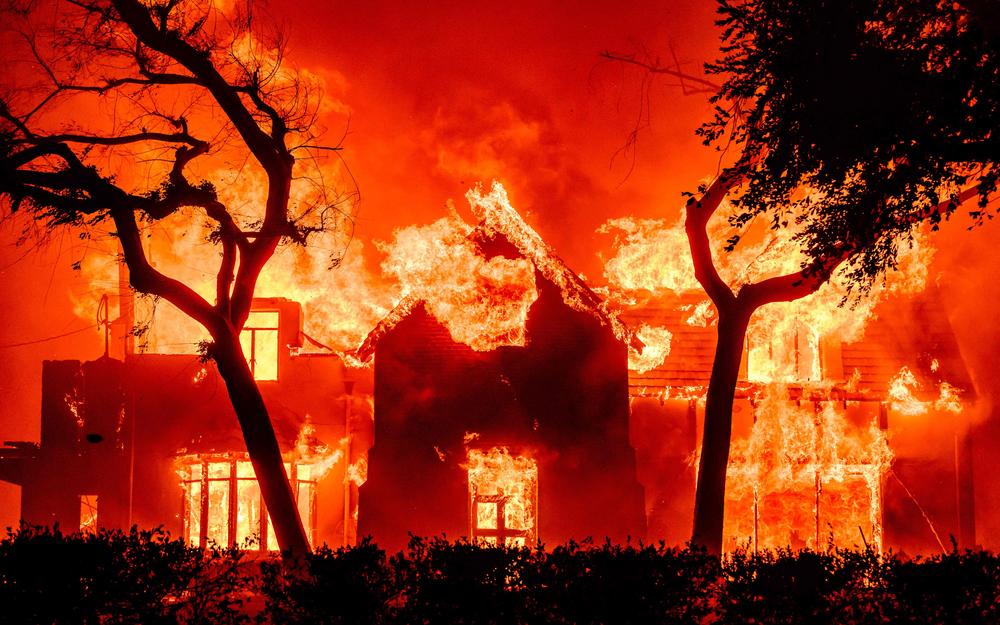Council of Europe adopts regulation for the restoration of 20% of land and maritime areas by 2030
- On Monday the European Council adopted the Natural Restoration Act after three months of blockade. "This is a key milestone for the protection and recovery of the continent's ecosystems," says environmental associations such as BirdLife Europe, ClientEarth, BSE and WWF, Nature Fund.

The Member States of the European Union will have an obligation to recover 20% of their land and marine spaces by 2030, and in the next two decades all affected ecosystems requiring their recovery will have to be recovered. In addition, the legislation aims to improve the connection of hydropower and to remove artificial barriers, to stop the loss of pollinating insects, to increase the amount of wood from dead trees that are deposited in forests and to expand the green areas in urban centres.
With the opposition overcome
After three months of blockade, the European Council adopted the Natural Restoration Act this week. It was approved by the European Parliament at the end of February, although the European People’s Party and the ultra-right called for a challenge. Several groups in the primary sector have mobilized in recent weeks and months, breaking the tip of the right, against the interests of the farmers.
The change of attitude of Austria and Slovakia has been urgent, as it was a minimum requirement for the adoption of the legislation that favourable votes represented 65% of the population of the European Union, and without these two States it did not reach that minimum. On Sunday, the environmental minister of Austria, Leonore Gewessler, of the environmental party, announced the need for a change in his government's attitude, "policies and bold decisions". But it hasn't come out without fatigue. Austrian President Karl Nehammer spoke against. He tells him that he has no legitimacy to negotiate in favour of the project and the crisis opens between the democratic party and the Greens that make up the government.
Finally, the States that voted against the law have been: Finland, Holland, Hungary, Italy, Poland and Sweden. There was only one abstention: Belgium. The other Member States voted in favour.
"Historic Victory"
#TrailersNature or #NaturRestore have been mobilized by environmental groups, BirdLife Europe, ClientEarth, BSE and WWF, International Nature Fund. In the joint note they point out that the adopted law is a "key milestone" and that the European Council's position reflects the European "compromise of the majority".
The aforementioned associations have considered a "historic triumph" that opens a "historic opportunity" in the "critical era" in which the old continent faces floods, droughts and fires.
Agintari gutxik aitortzen dute publikoki, disimulurik eta konplexurik gabe, multinazional kutsatzaileen alde daudela. Nahiago izaten dute enpresa horien aurpegi berdea babestu, “planetaren alde” lan egiten ari direla harro azpimarratu, eta kutsadura eta marroiz... [+]
Biologian doktorea, CESIC Zientzia Ikerketen Kontseilu Nagusiko ikerlaria eta Madrilgo Rey Juan Carlos unibertsitateko irakaslea, Fernando Valladares (Mar del Plata, 1965) klima aldaketa eta ingurumen gaietan Espainiako Estatuko ahots kritiko ezagunenetako bat da. Urteak... [+]
Nola azaldu 10-12 urteko ikasleei bioaniztasunaren galerak eta klima aldaketaren ondorioek duten larritasuna, “ez dago ezer egiterik” ideia alboratu eta planetaren alde elkarrekin zer egin dezakegun gogoetatzeko? Fernando Valladares biologoak hainbat gako eman dizkie... [+]
Eskoziako Lur Garaietara otsoak itzularazteak basoak bere onera ekartzen lagunduko lukeela adierazi dute Leeds unibertsitateko ikertzaileek.. Horrek, era berean, klima-larrialdiari aurre egiteko balioko lukeela baieztatu dute, basoek atmosferako karbono-dioxidoa xurgatuko... [+]
There was no one or all. That we all suffer at least if the necessary changes are not made so that no one suffers the climate emergency. You – reader – I – Jenofá-, they – poor – and they – rich. The fires in Los Angeles did not give me satisfaction, but a sense of... [+]








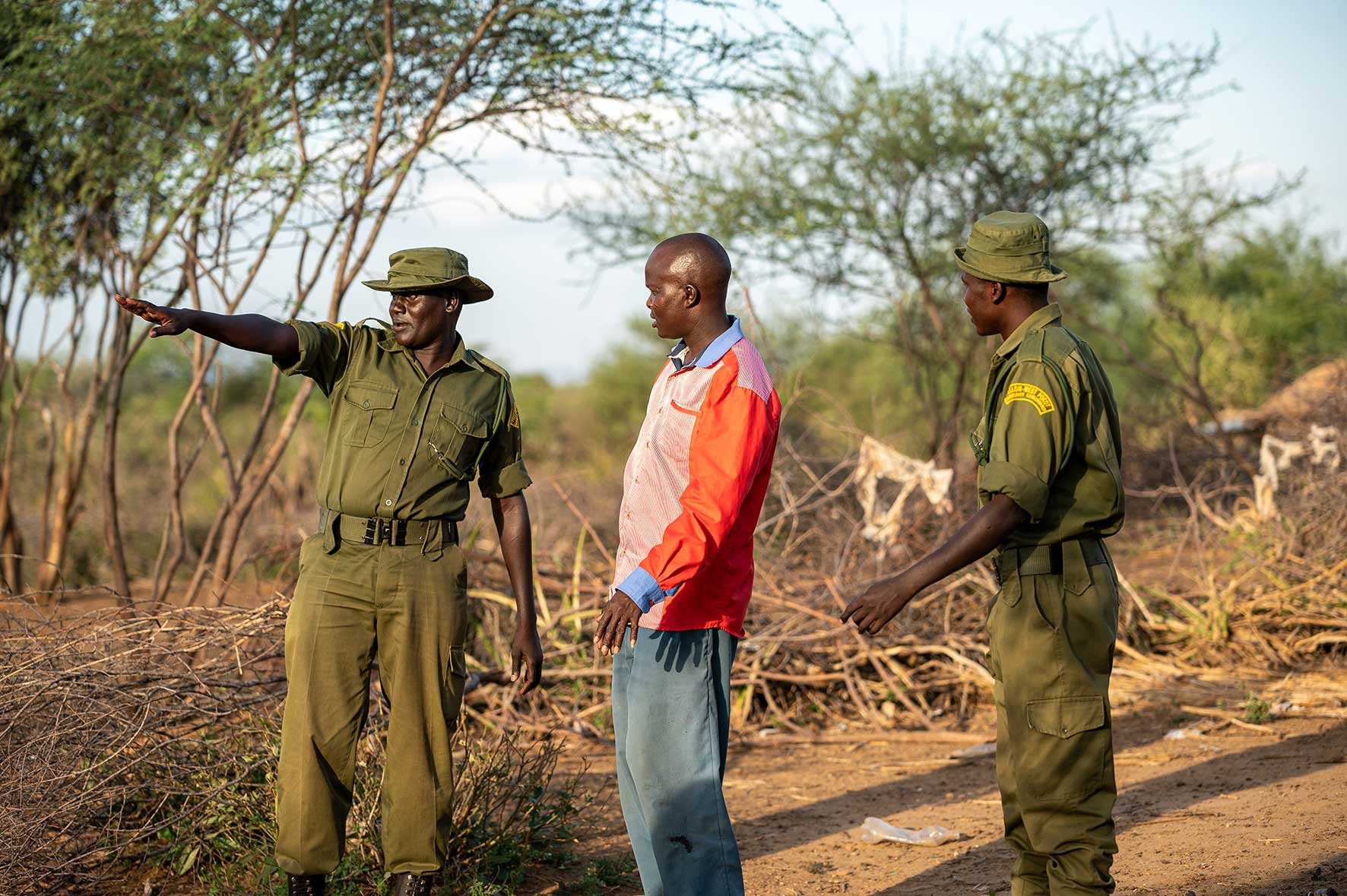
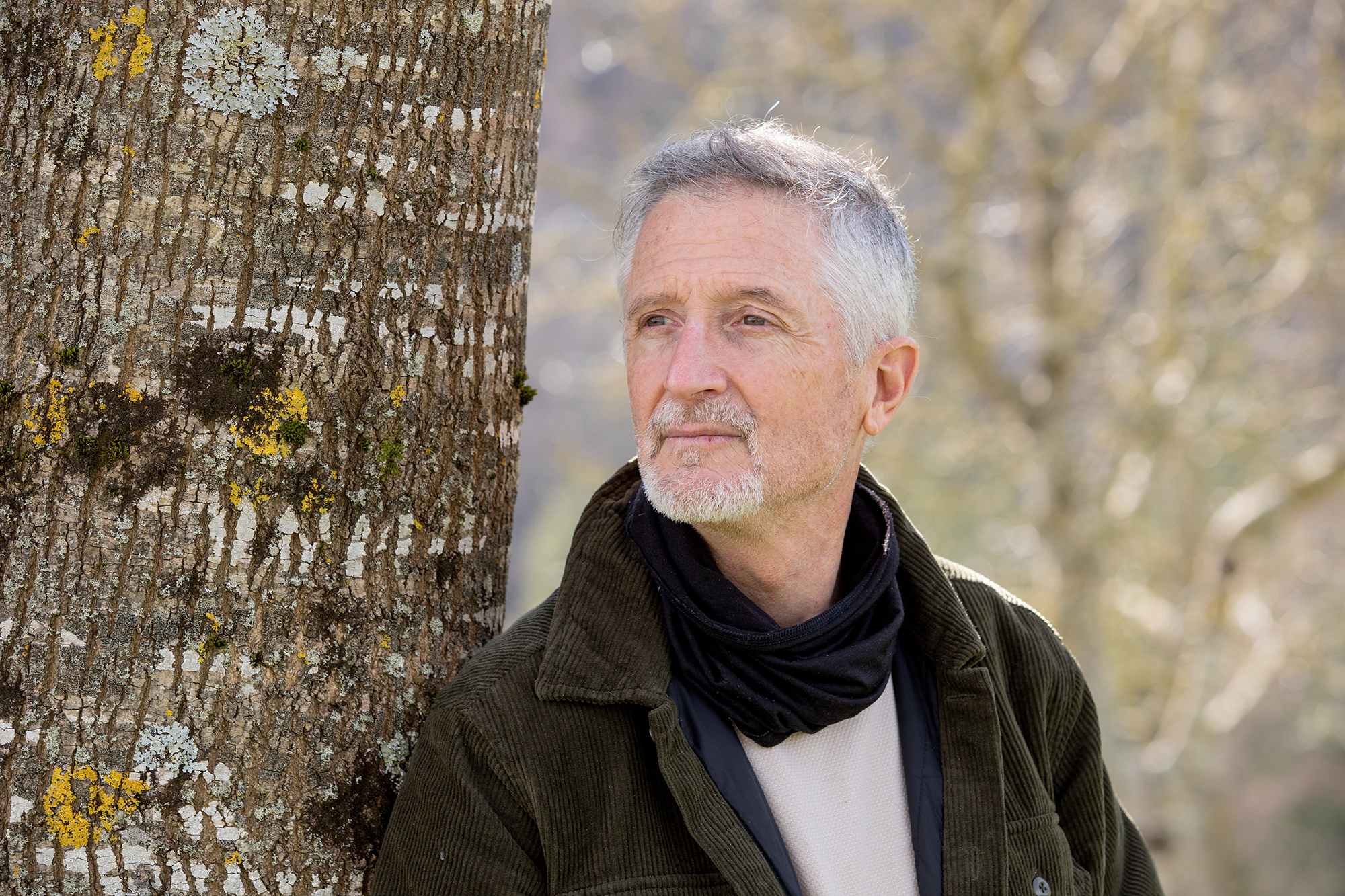


_Glaciar.png)

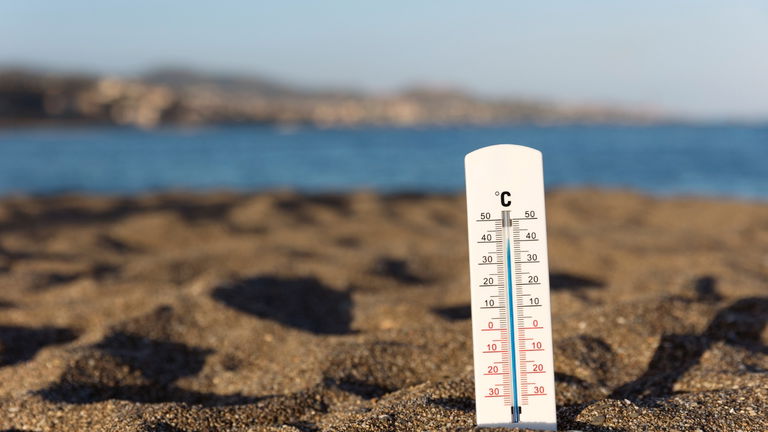
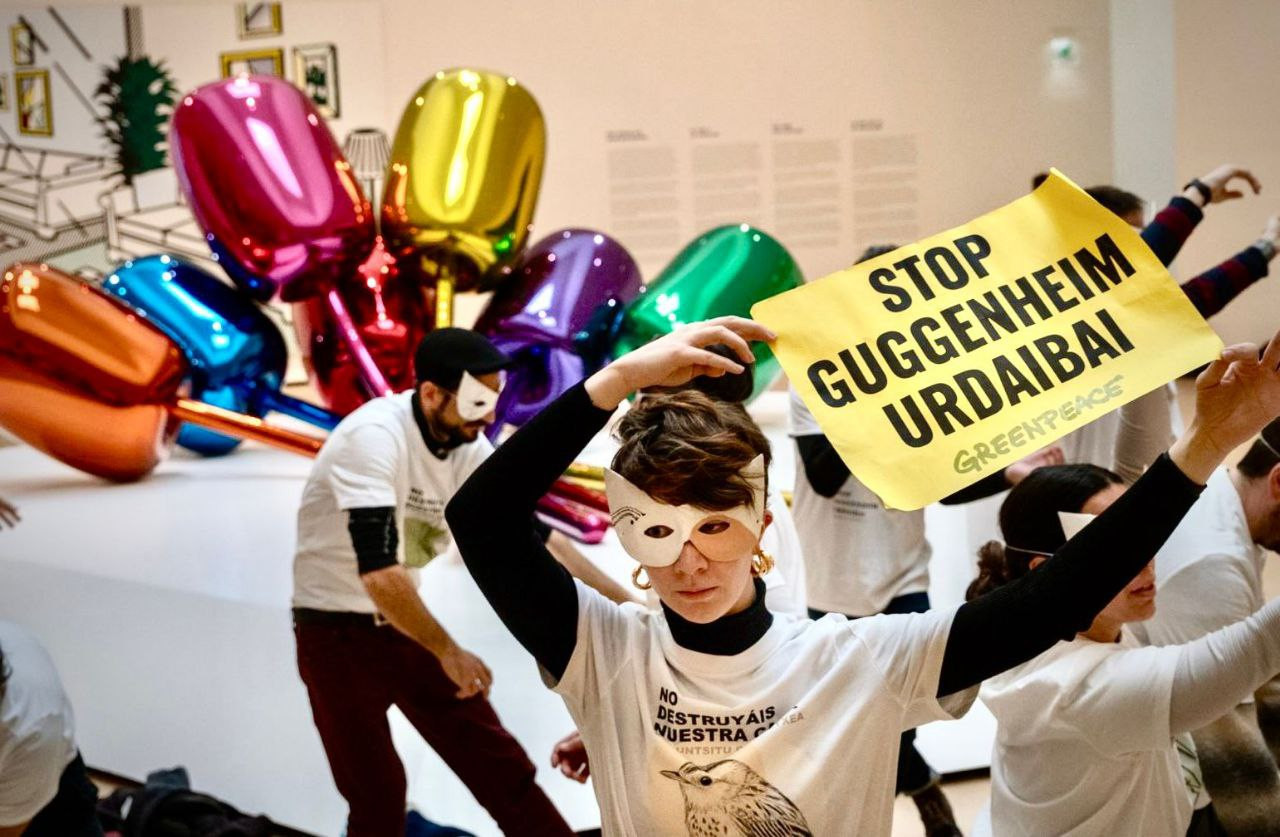

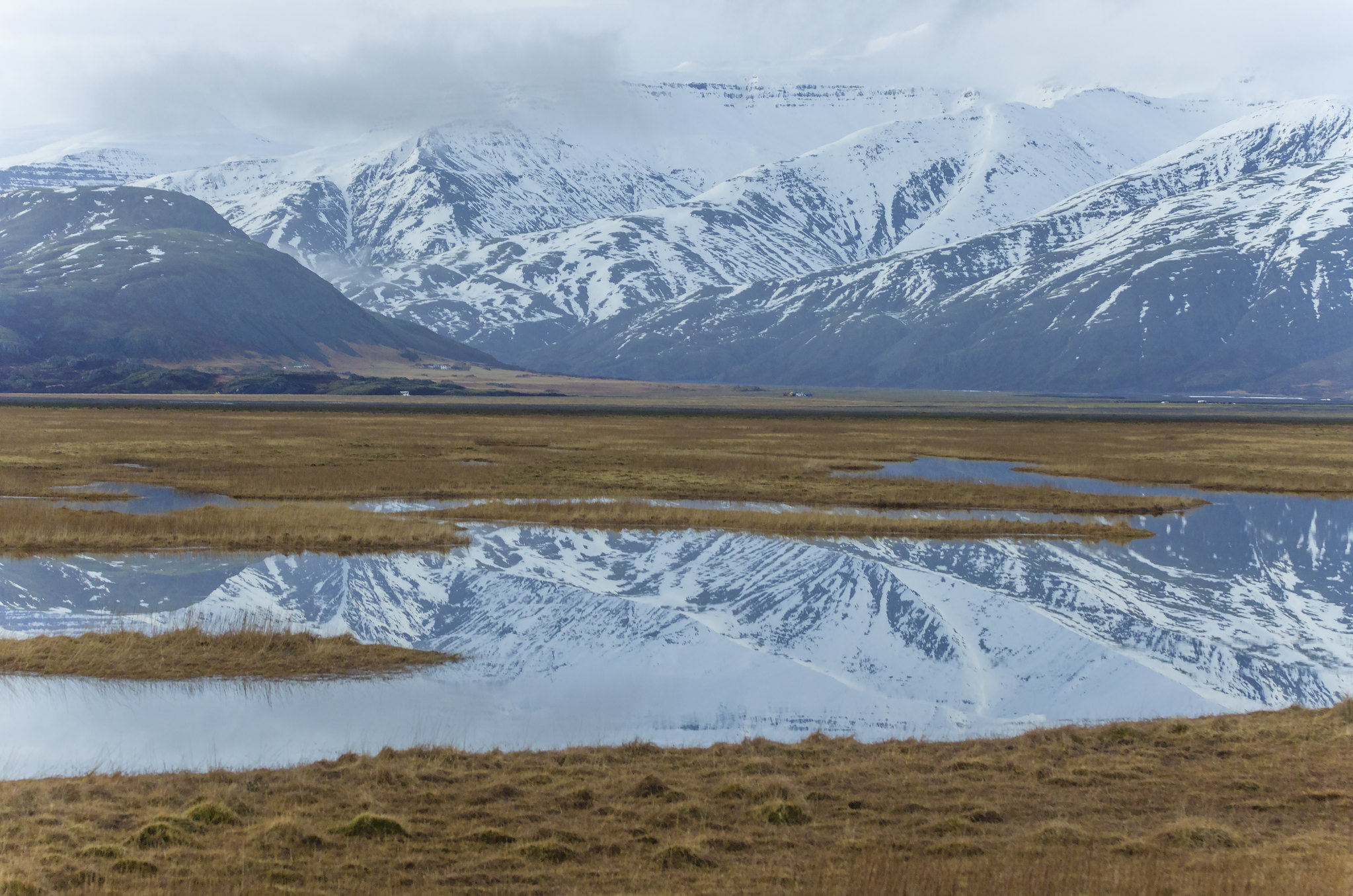
-(1).jpg)
